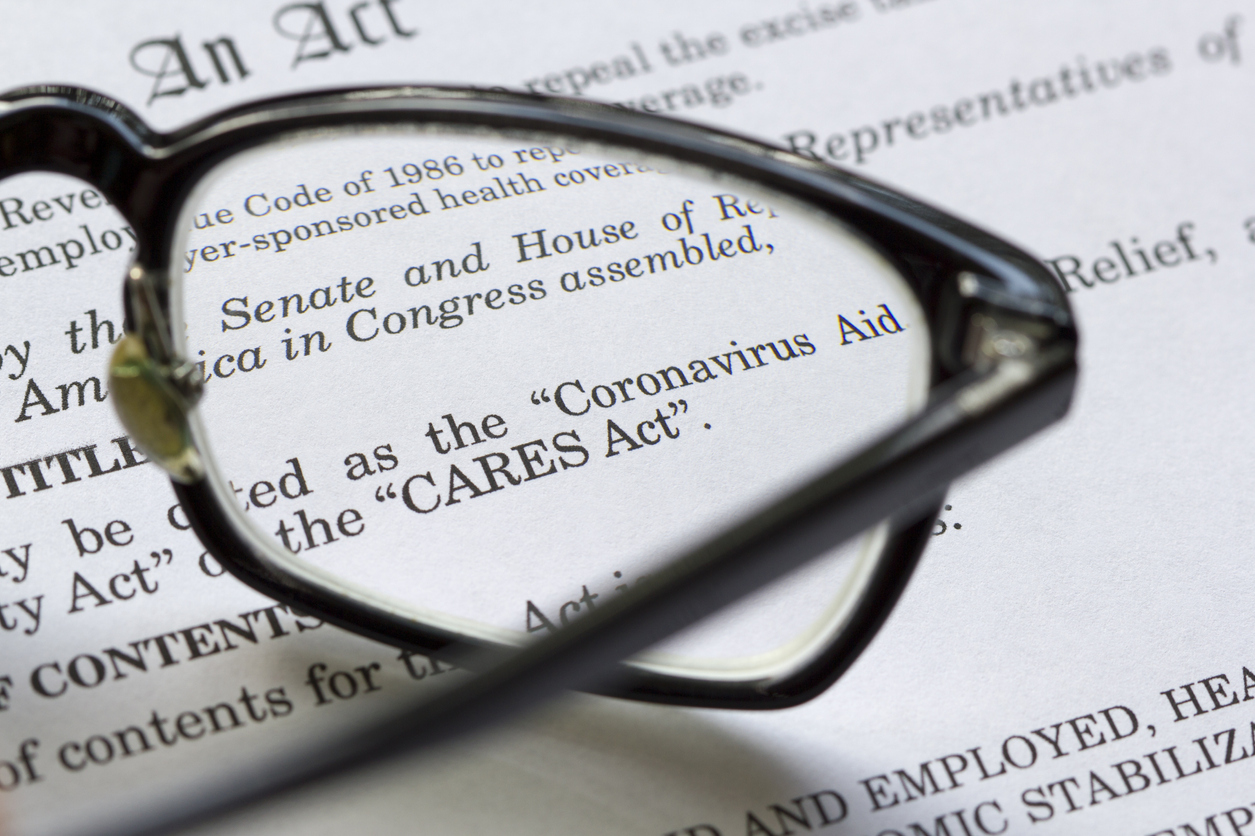According to outgoing Bureau of Prisons (BOP) Director Michael Carvajal, the BOP has released approximately 37,000 people since the COVID-19 pandemic started in March 2020. These statistics, shared on Twitter by Sarah N. Lynch, a reporter for Reuters, add some context to the number of people on CARES Act release in the U.S.
According to Lynch, Carvajal said the BOP released 9,000 to home confinement under the CARES Act. This number is significant, representing almost 7% of the more than 130,000 people in currently in BOP custody.
Even though COVID-19 continues to overwhelm BOP facilities, these CARES Act releases proved very helpful. But have they made things less safe? Some want you to believe that’s the case. But the numbers make it clear that safety is not an issue.
How many of the people on CARES Act release have reoffended?
Critics of CARES Act release have claimed that the BOP is releasing dangerous people. But, as Lynch reported, Carvajal shot those rumors down. According to the BOP Director, only 320 of the 9,000 people on CARES Act release have violated the conditions of their release.
And, of that 320 number, only eight people have committed “serious” violations. That means that less than one percent of those who have been released have committed another crime or otherwise violated their release rules. American adults as a whole are more likely to commit crimes than that.
That small percentage hasn’t stopped some media outlets from trying to make the numbers look bad, though.
For example, the Washington Times published an article yesterday that sounds scary. “320 federal inmates reoffended while on pandemic-related home confinement,” the headline reads.
But, as you know, only eight of those 320 people committed “serious” violations. And that 320 figure is a small part — just 3% — of the 9,000 people actually released under the CARES Act. The Washington Times article doesn’t mention any of that.

Will those who don’t reoffend have to go back to prison anyway?
For months, the 9,000 or so released to home confinement under the CARES Act thought they’d have to go back, too — even if they followed the rules. But in December, the Biden Administration agreed to #KeepThemHome.
That move allowed the BOP to decide whether someone must return to prison after the COVID-19 pandemic ends. As long as you haven’t violated the conditions of your release, there’s a decent chance you won’t have to go back to prison when the COVID-19 pandemic ends.
The Takeaway:
The BOP has released thousands of people to home confinement under the CARES Act. Less than 1% of the 9,000 released so far have committed a “serious” violation. And only 3% have committed an unserious violation. In short, releasing people to home confinement under the CARES Act has been a huge success.






